< Back
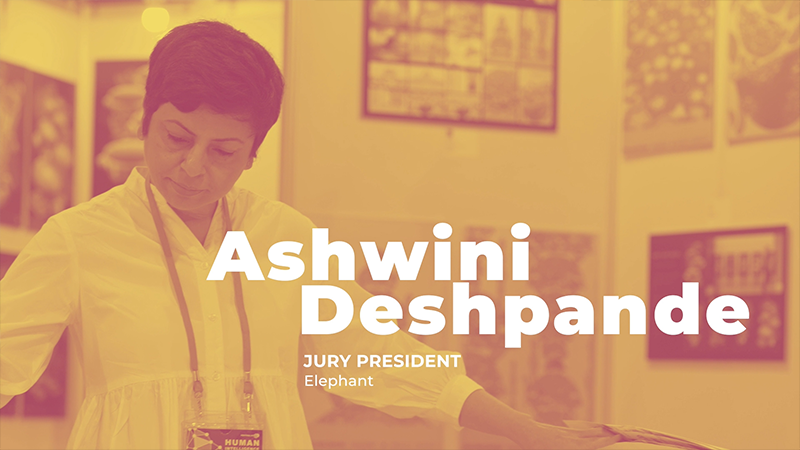
JURIES : ASHWINI DESHPANDE: “IN INDIA, DESIGN ITSELF IS A STRUGGLE”

Women have come a long way in the creative industry but there are still so few women pioneers that they must be noted and applauded, both for their efforts and their courage. Ashwini Deshpande, Co-Founder & Director of Elephant Design, Pune, is a pioneer.
Deshande co-founded Elephant Design in 1989 with a dream to create the ‘big picture’ of design in India. At the time, the Indian creative industry was limited to advertising agencies. Deshpande and co-founders, Ashish Deshpande and Partho Guha set themselves the challenge of creating a genuine professional design practice that helps businesses grow.
Ashwini Deshpande is also Jury President of Design Lotus and Print & Outdoor Craft Lotus. It is no surprise that Impact Magazine has featured Deshpande among 50 Most Influential Women in Media for eight consecutive years or that she is on Campaign India’s A-List. Elephant is India's largest independent integrated design consultancy with offices in India and Singapore, and Deshpande is part of the core group that steers the Design Alliance Asia consortium, an active founding member of Association of Designers of India and The Collective, an initiative by women creative leaders to create safe work-places, and advisor to Indian Creative Women that promotes diversity.
Deshpande is humble about her achievements. Indian women do not put themselves forward. Even when they’re on the list of the 50 Most Influential Women in Media for eight consecutive years.
We asked her why. “You know, it's interesting how that list happens. In my case, I believe it's the brands that we work on, which influence the communities and societies at large. So, I think it’s because I influence the brands to behave in a certain way with their audiences. That's what makes me influential. Not that I hire a lot of people or win a lot of awards, none of that.
“And I think I'm one of the oldest design companies in India. I have been there for a long time. And many people who come into the profession now, or many women who come into the profession now, they sort of have an example to look at. When women come into something, if they see older achievers in their profession, they get a lot of boost because they have hope. An idea of empowerment, which is kind of the point.
“But I think Indian women tend to underplay. They don't talk about their achievements as much. And I think that's one of the reasons why they don't get acknowledged as much. Traditionally we are supposed to be the secondary role in everything. So we tend to, as a family or as a profession, we tend to give credit to whoever is around us. In traditional conservative families, women are not used to being at the centre of anything. We are a support. So, when you are pushed to be at the centre of something, you have a role to play and if you are not trained for it, you have not been brought up to play that role, it's hard.
“When small things start to happen and a little success started coming, you know, you get a big award, you come home and you feel you're on top of the world sometimes. But when somebody is richly congratulating you, you don't know what to say. I remember my father telling me that you should acknowledge your success but wear it very lightly. So that's the kind of way that I do it. I acknowledge it quietly. If you're congratulating me, I will accept it because, yeah, I have done it, but I don't take it seriously. That's not who I am. I didn't do it for the award or achievement.”
We also asked her about the balance, or rather unbalance, of men and women in the creative industry. Her interesting is a fascinating:
“In India, Elephant is one of the early starters of design as a profession. Interestingly, in design in India, there have been women role models. Not before me, but my peers around me and after me. And if you look at the top five design agencies in India, I think all of them have women leaders. So, in India, the struggle is not whether you're a woman or not. The struggle is, is design a viable profession? Is it respected enough? Is it being used as much as it should be for good? That's really the struggle. Design itself is a struggle.






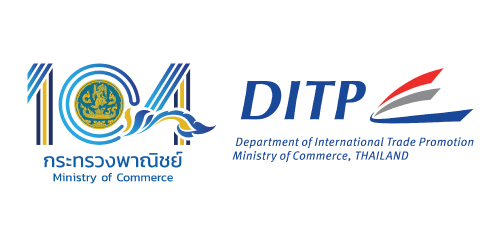
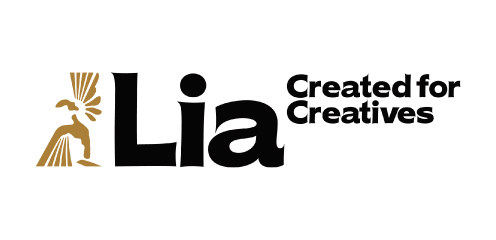
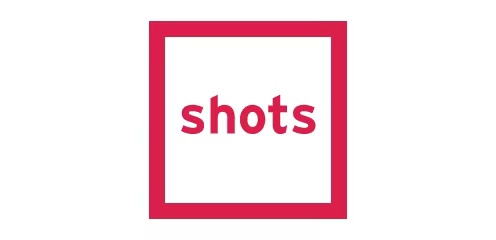


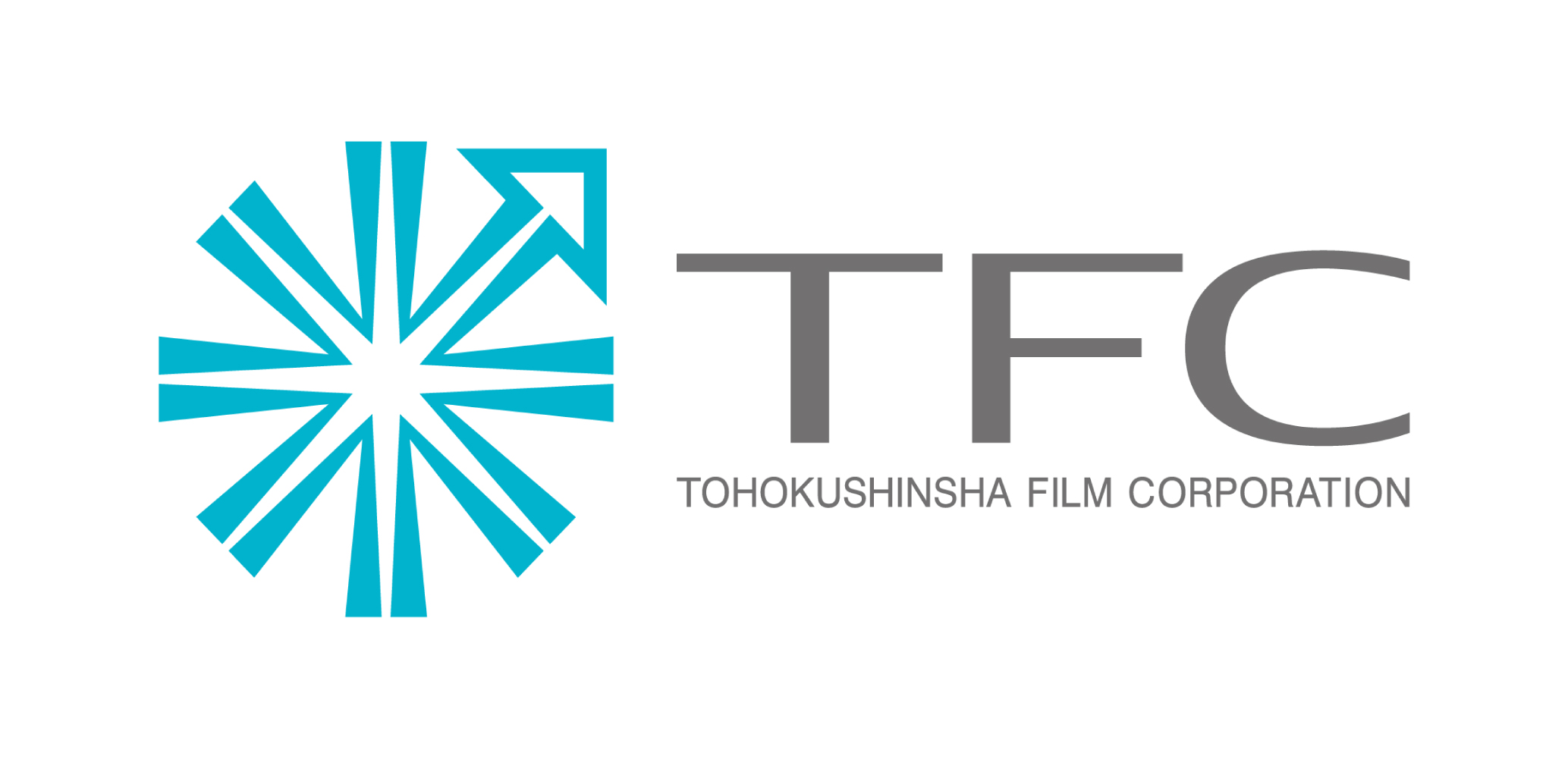
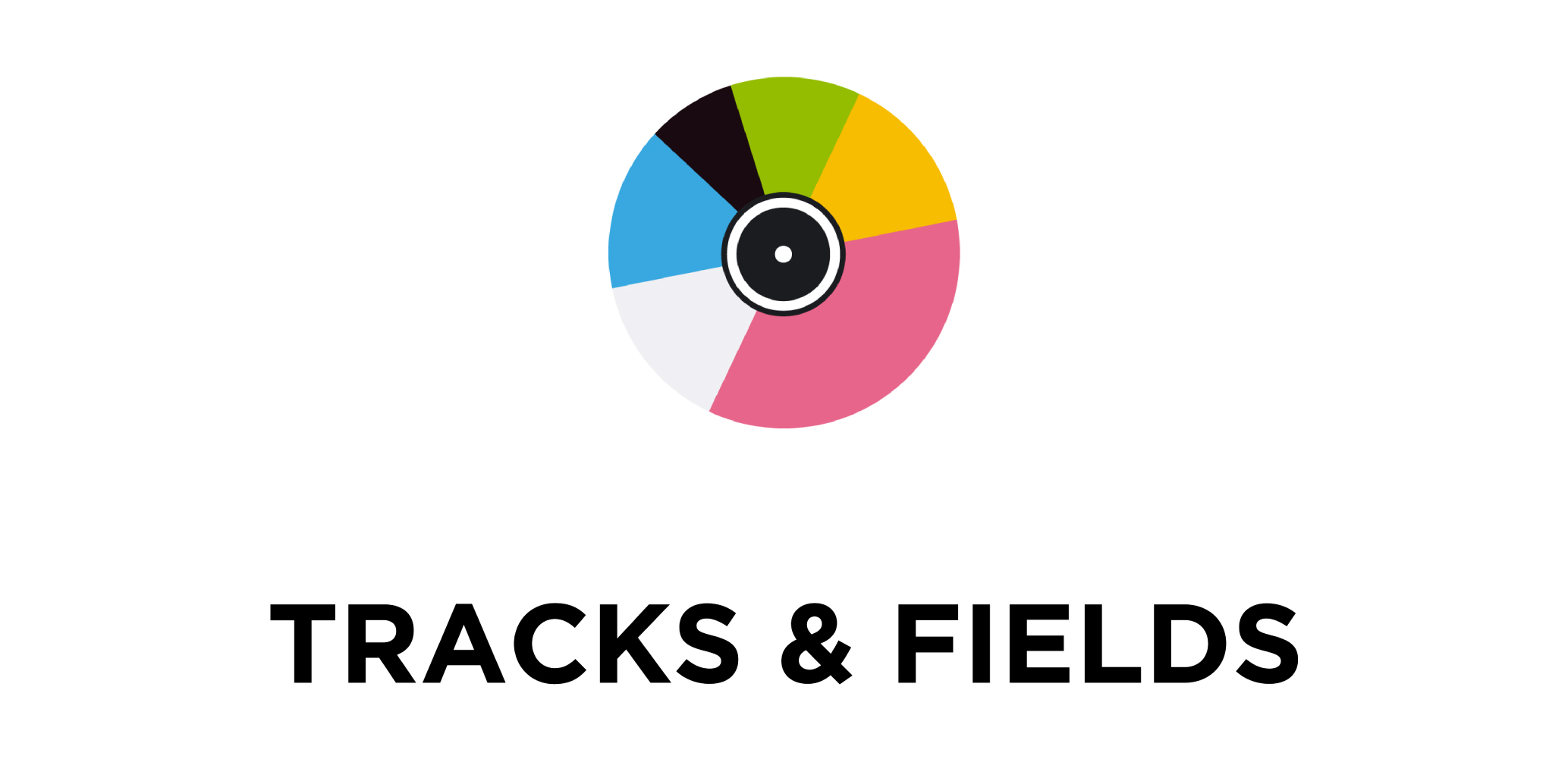
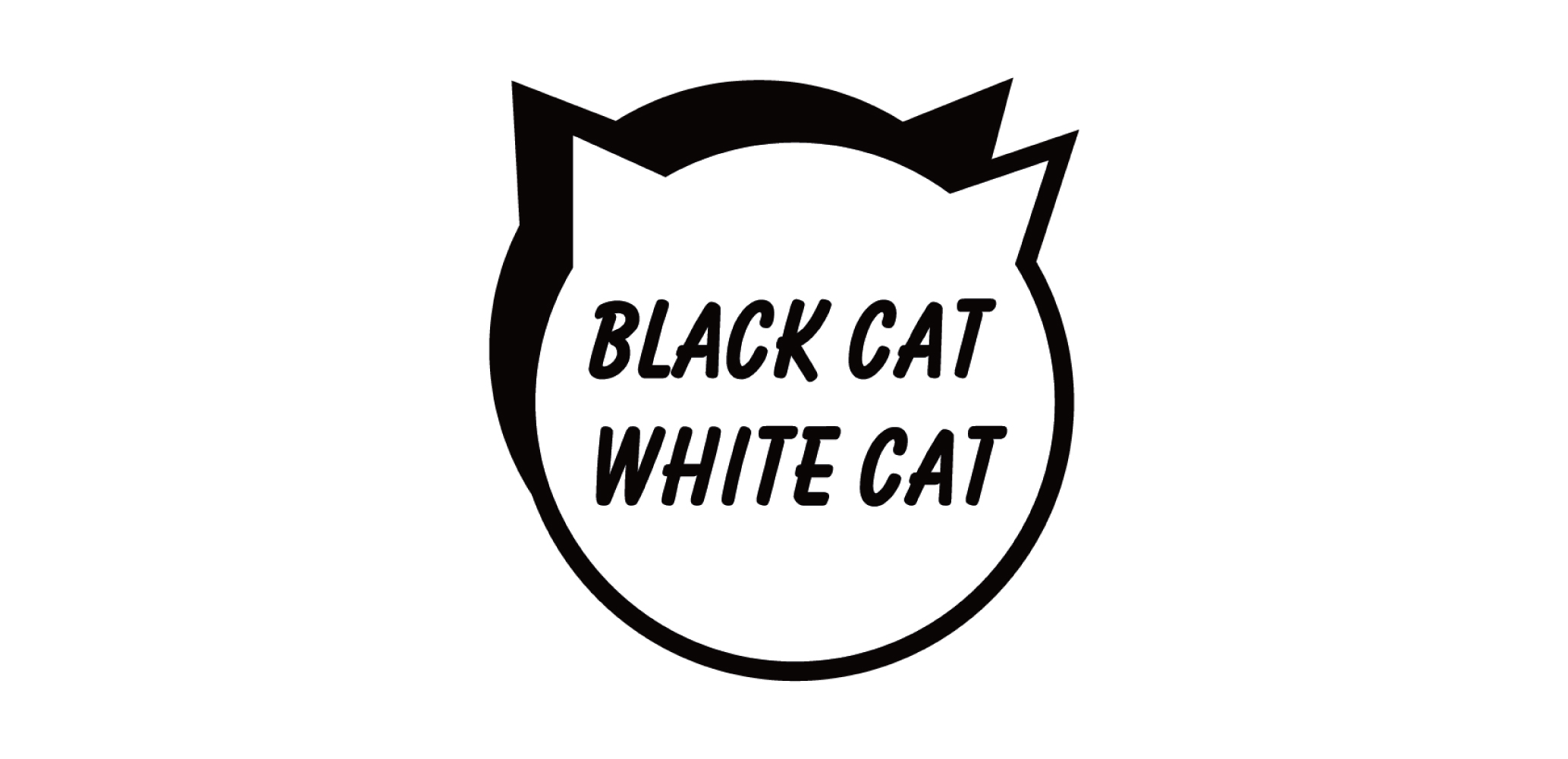


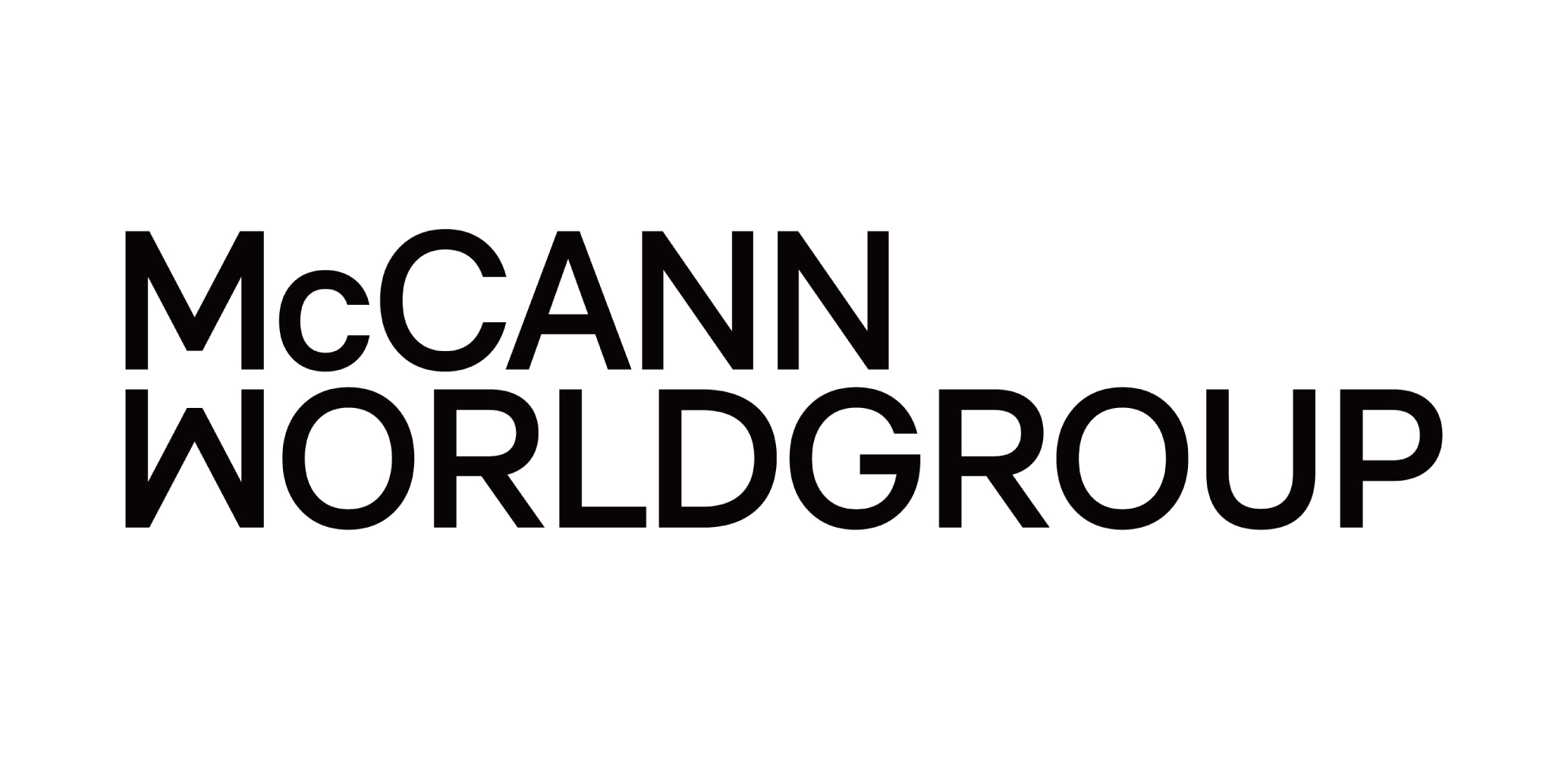
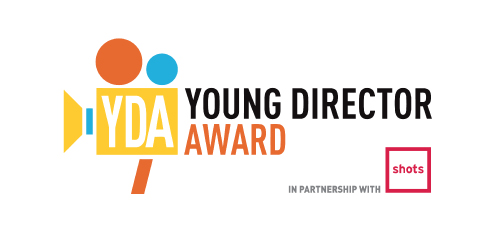

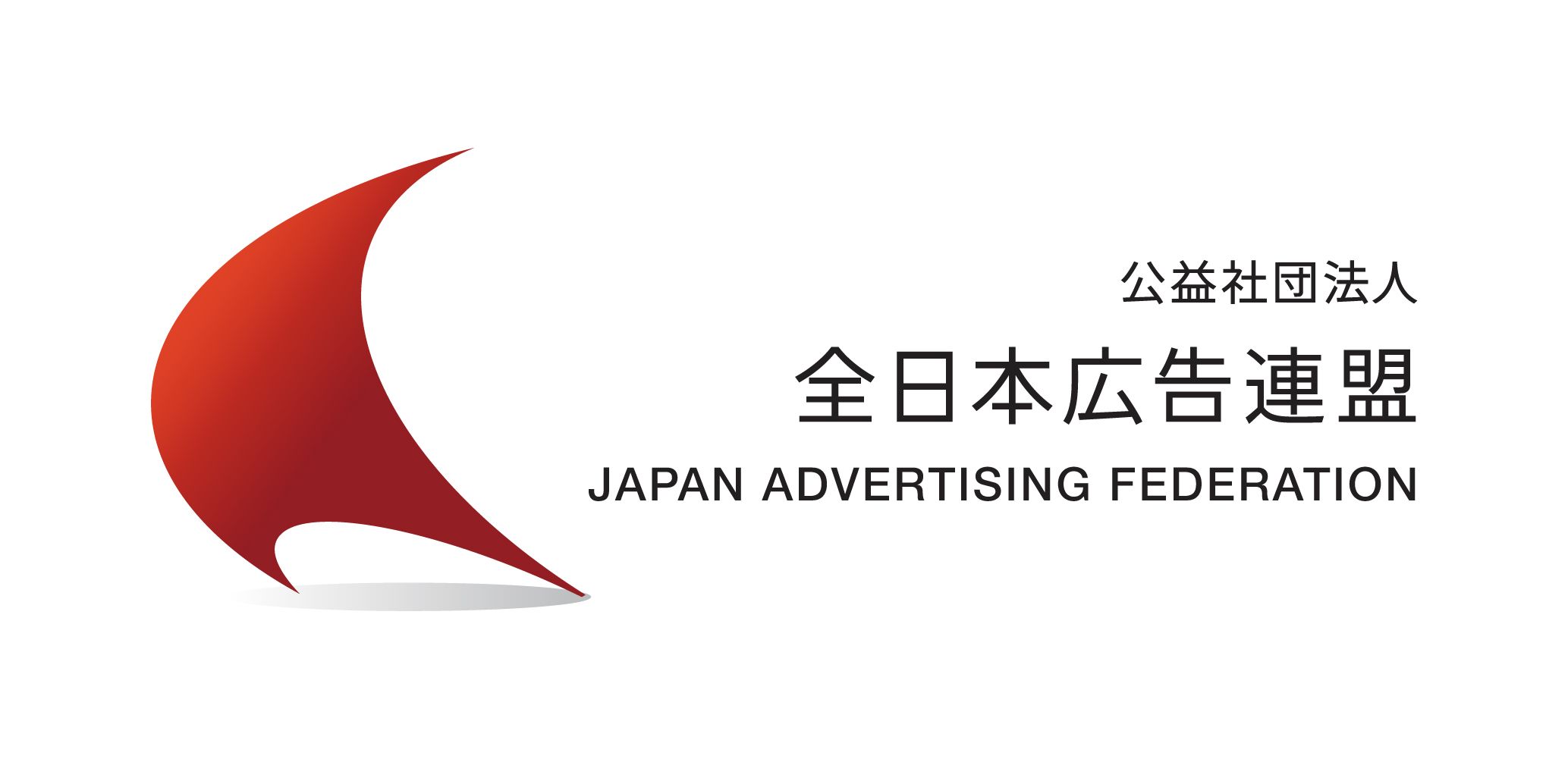
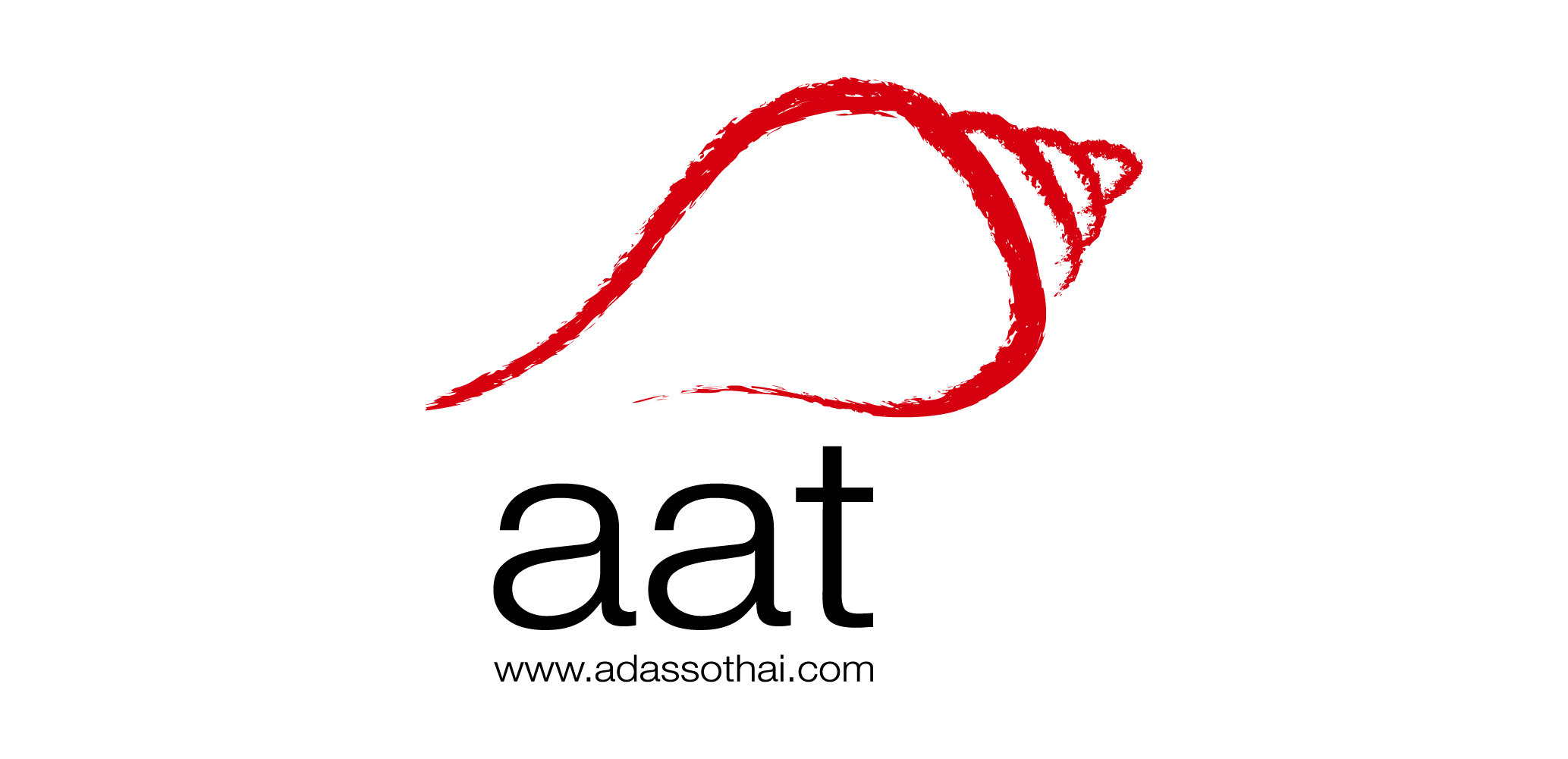
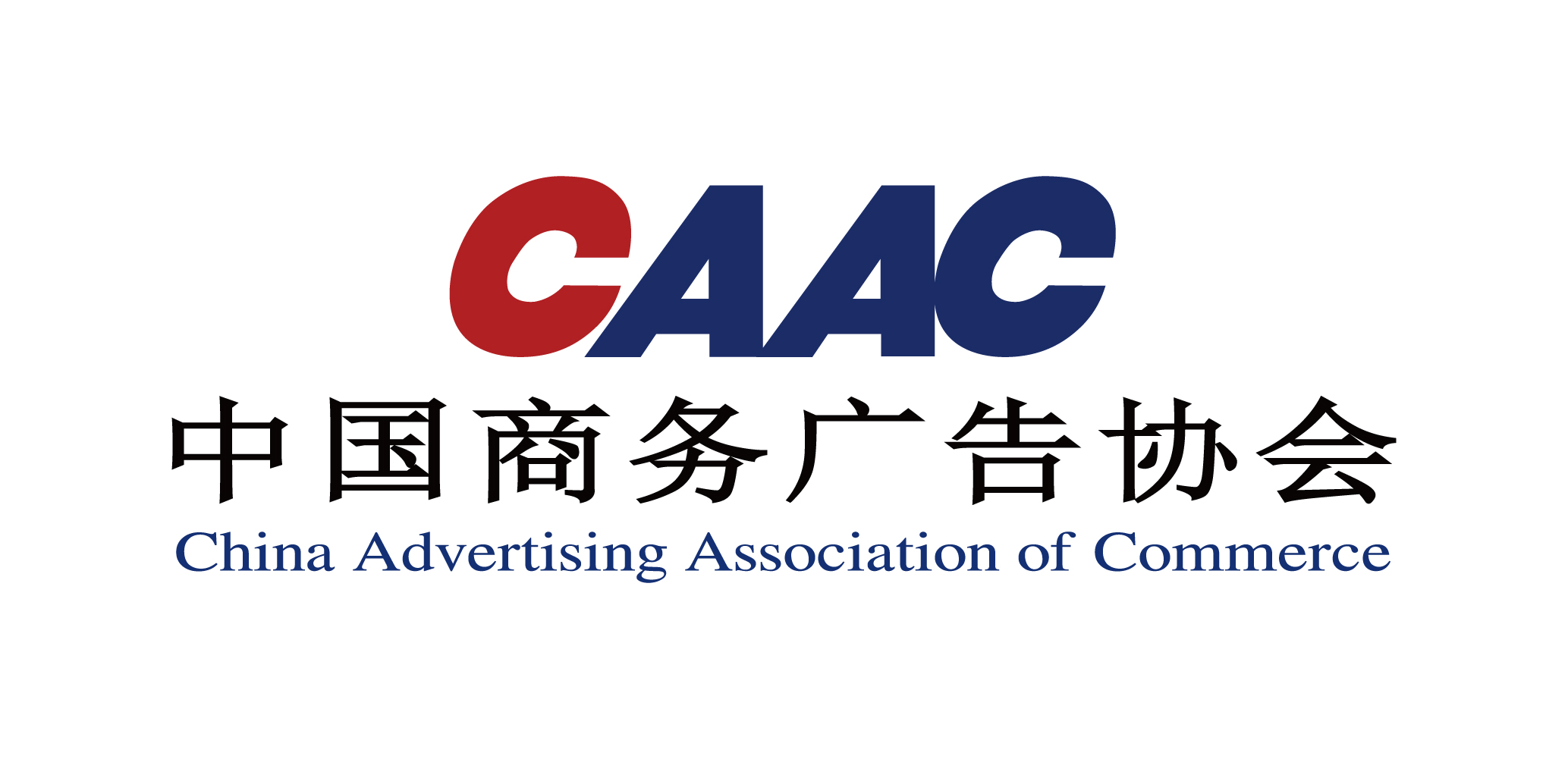
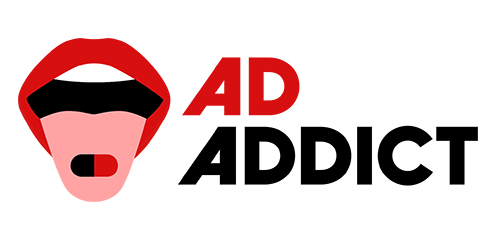
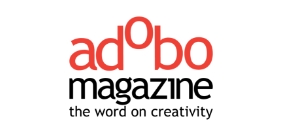

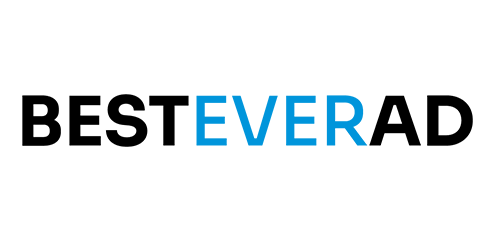



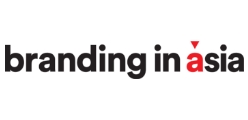
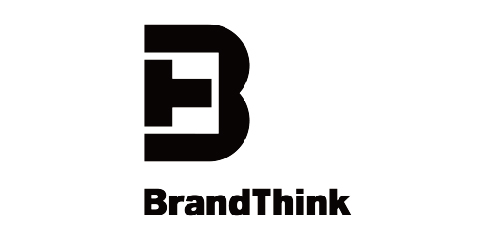
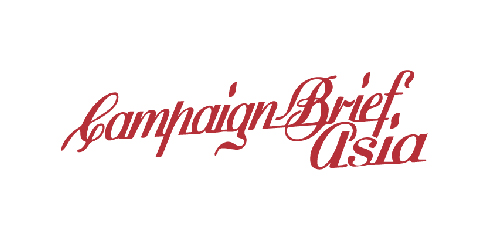
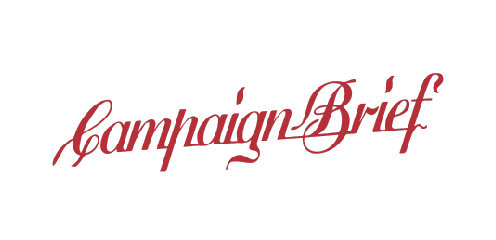
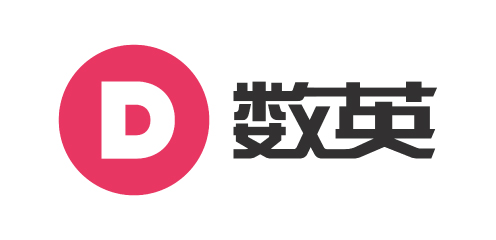
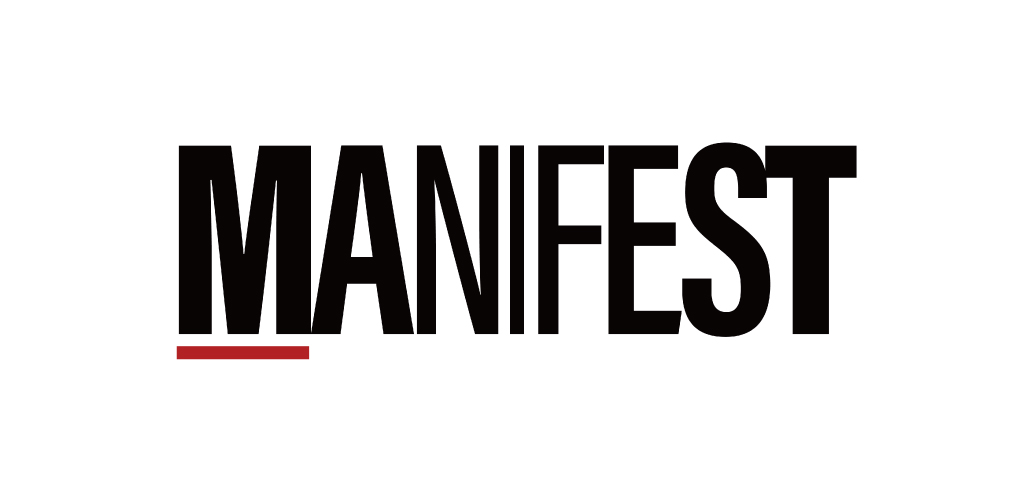
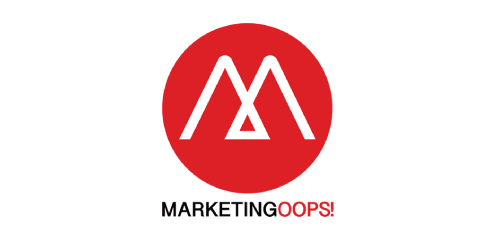
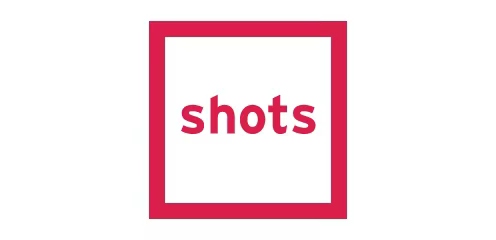
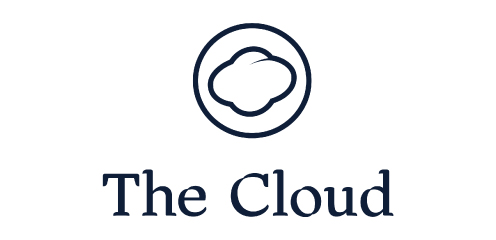


.png)
.png)
.png)
